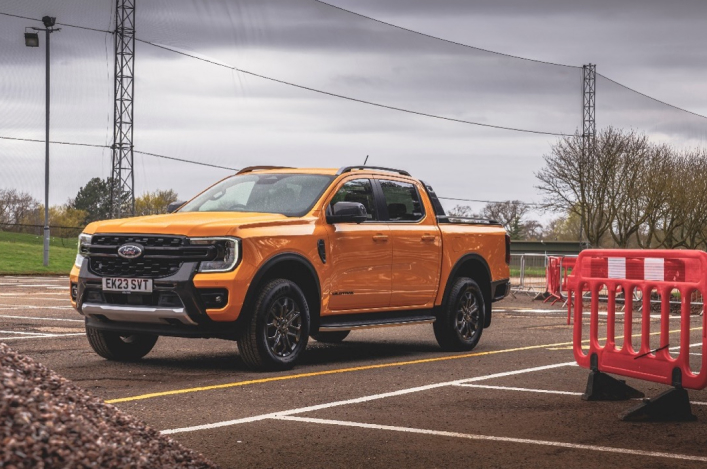3 December 2024
What Treasury’s VED Confirmation Means for Fleets Operating Double Cab Pick-ups
Double cab pick-up trucks (DCPUs) have always been a bit of a grey area when it comes to tax classifications. But a recent announcement from the Treasury clears up some confusion — and comes with some important implications for fleets operating these vehicles.

Starting in April 2025, double cab pick-ups will officially be treated as company cars for the purpose of benefit-in-kind (BIK) tax and capital allowances. While that’s important news for fleets and business owners, there’s more to this story than just a tax shift. The real kicker here is that the vehicle excise duty (VED) rate for DCPUs will remain unchanged.
From April 2025, double cab pick-ups will be classified as company cars for BIK tax purposes. This means that businesses will be subject to the usual company car tax regime, with tax liabilities based on CO2 emissions, the car’s value, and the employee’s income tax band. However, this change won’t apply to vehicles purchased or leased before April 2025.
For fleets who’ve already invested in or ordered a double cab pick-up before this date, transitional BIK rules will come into play. They can continue using the previous tax treatment until the earlier of the vehicle being disposed of, the lease expiring, or April 5, 2029. So, in essence, fleets have some breathing room to adjust.
Now here’s the good news. Despite the shift in how double cab pick-ups will be treated for BIK and capital allowances, the Treasury has confirmed that the VED status will remain unaffected by the change. Double cab pick-ups will still be classed as light goods vehicles (LGVs), meaning fleets will continue paying the current LGV rate of £335 per year — set to rise to £345 in 2025/26.
The VED for a car can run into the thousands of pounds, depending on emissions and other factors. So, fleets will avoid a major financial hit by holding onto the LGV rate.
The shift in tax treatment comes as a result of a recent Court of Appeal ruling involving HMRC and Coca-Cola. The ruling highlighted that vehicles primarily suited for both carrying goods and people (like double cab pick-ups) should be treated as cars for tax purposes. The government has responded to this by aligning the treatment of DCPUs with the court’s judgment.
However, despite this shift in classification for tax purposes, the government is ensuring that VED rates remain the same — thanks to the nature of DCPUs as light goods vehicles under current VED legislation. This means that fleets won’t face a sudden and unexpected increase in the cost of road tax for these vehicles.
Activa will help clients navigate these changes, keeping fleets compliant and cost-effective. Stay informed and reach out to us for assistance.


